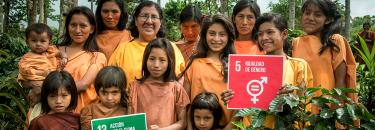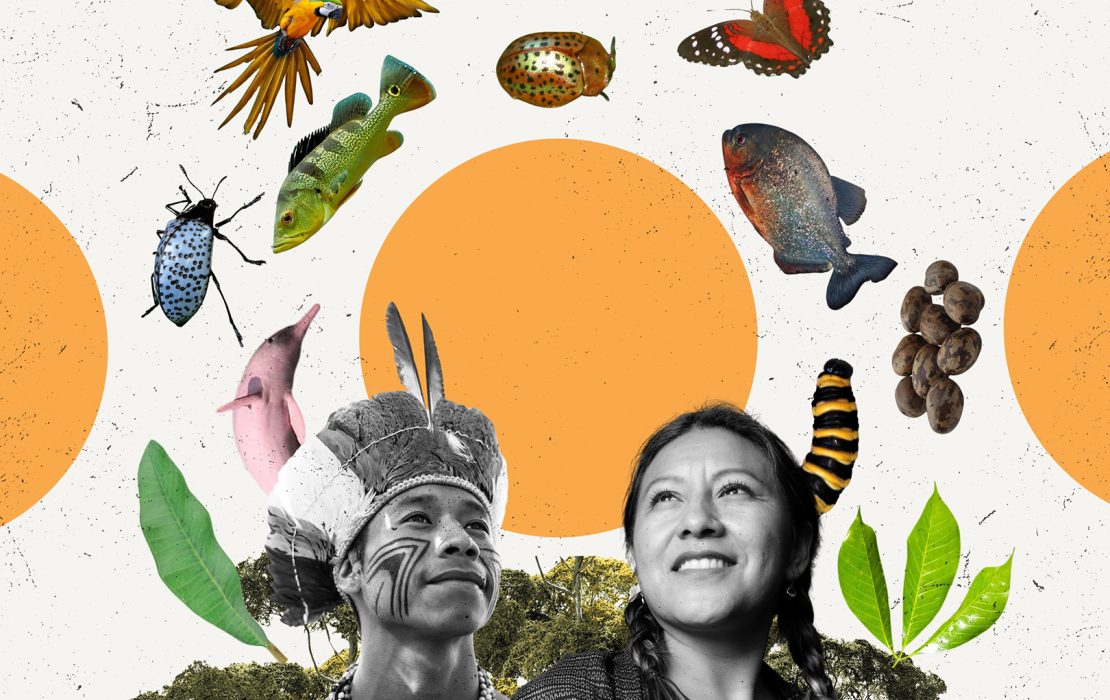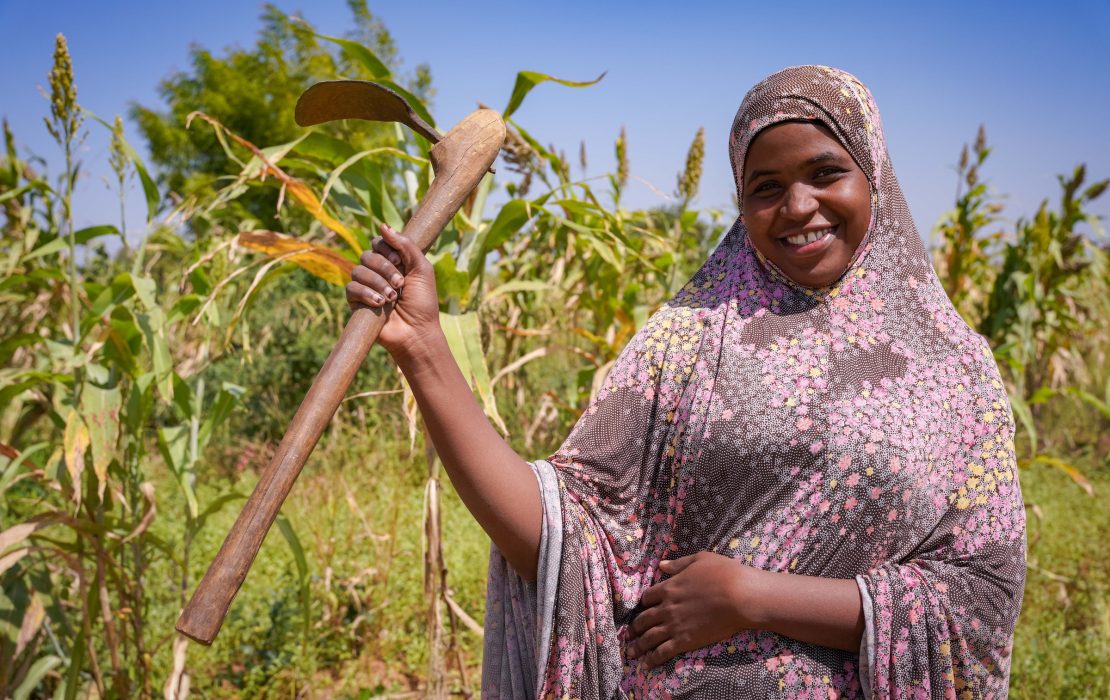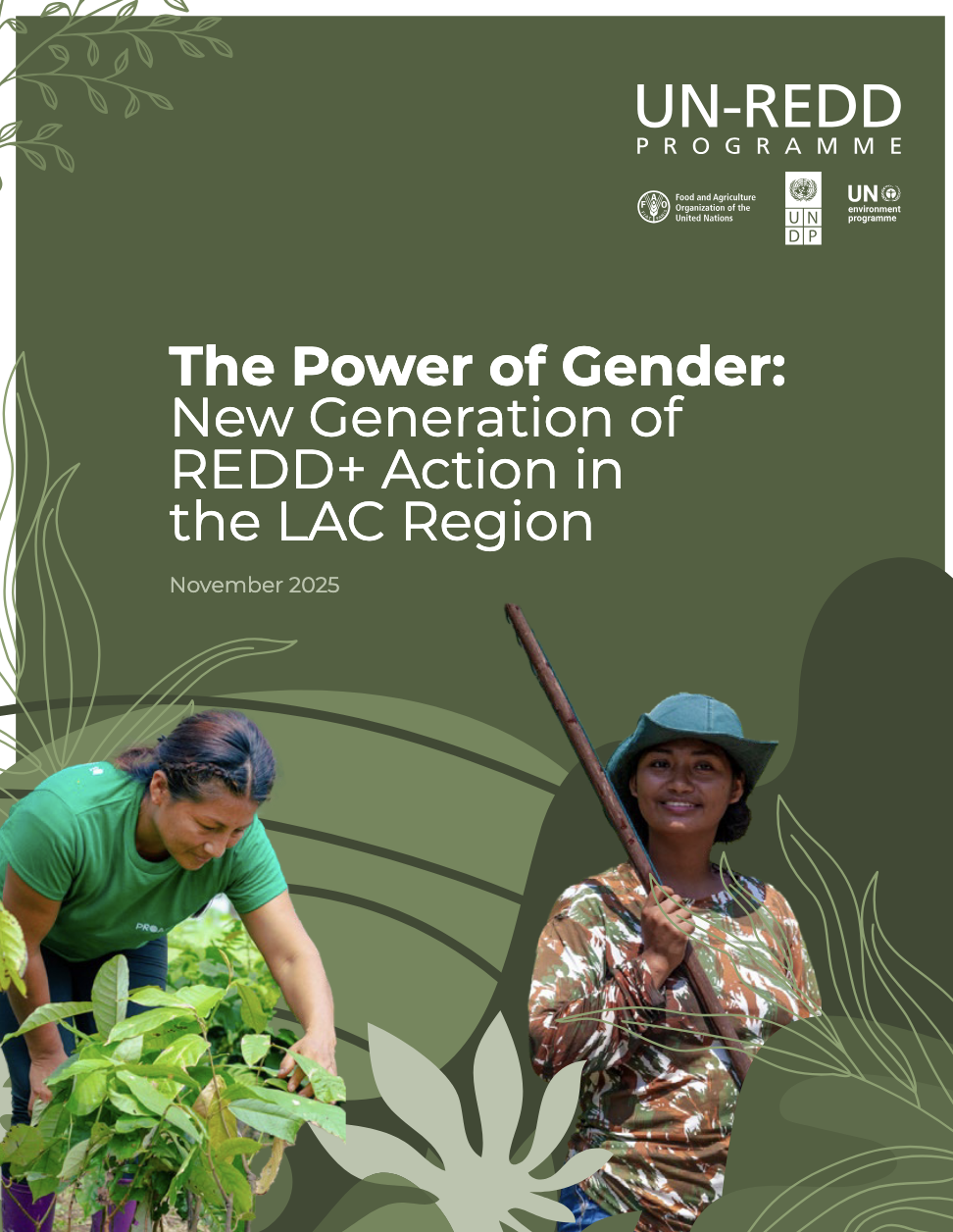Nationally Determined Contributions (NDCs) are gateways not only for advancing climate action but also for achieving sustainable development priorities such as gender equality and leaving no one behind. A rights-based approach centered on empowerment, inclusion and equity is necessary to overcome barriers that restrain the agency of individuals and communities to benefit from and contribute to climate action. This approach also challenges the roles and stereotypes that create inequalities and exclusion in policy-making.
When it comes to climate action, young people are rising up and leading initiatives in their countries and communities. Their energy and perseverance have spurred a global movement demanding bold climate measures from world leaders.
Meaningful youth participation in policy-making and youth empowerment are not just a necessity, but a fundamental human right, aligned with the right to a healthy environment.
Young people must be enabled and supported to participate in climate negotiations and in the implementation and monitoring of their countries’ NDCs. As such, they need capacity development, environments that empower and include youth voices in climate policies and decisions, and the financial resources to lead their own initiatives.
Similarly, women worldwide are increasingly taking leadership roles in decision-making, planning and implementation processes for transformative climate action. Ensuring women’s effective and equitable participation in climate action, including in decision-making spaces, is also not only a human right but leads to more effective, evidence-based climate policies and actions that address the needs of women and girls, as well as men and boys.
Experience shows us that considering gender power dynamics in designing and implementing climate action helps to ensure greater impact, strengthening gender equality and promoting sustainability.
Indigenous Peoples manage around 25 percent of the world’s land and provide environmental stewardship to at least 36 percent of the world’s intact forests. Through their traditional knowledge systems, they play a key role in conservation, climate resilience and sustainable resource management. Their inclusion is critical to implementing NDCs and advancing the Sustainable Development Goals.
However, due to historical marginalization and political and economic power imbalances, Indigenous Peoples have often been overlooked as key agents of change.
They are frequently excluded from decision-making processes on environmental policies and their rights to lands and resources are not always respected. By ensuring that their rights are safeguarded, promoting their inclusion, and supporting their development, we not only advance social equity and justice but also harness their invaluable contributions to environmental sustainability, economic development and cultural preservation.
Under the Climate Promise, UNDP is mobilizing support for advancing inclusive approaches in climate planning and policy processes, as well as integrated climate action solutions around the world. In the second generation of NDCs, 96 percent of countries who received support from UNDP included gender-related considerations in their submissions. However, despite the fact that references to Indigenous Peoples in the second generation of NDCs have increased from 22.4 to 37.7 percent, the scope of measures to advance their rights and inclusion remains limited. Furthermore, to address the systematic exclusion of youth from decision-making on climate action, UNDP launched a checklist developed with youth organizations, to guide policymakers on creating youth-inclusive NDC processes.







